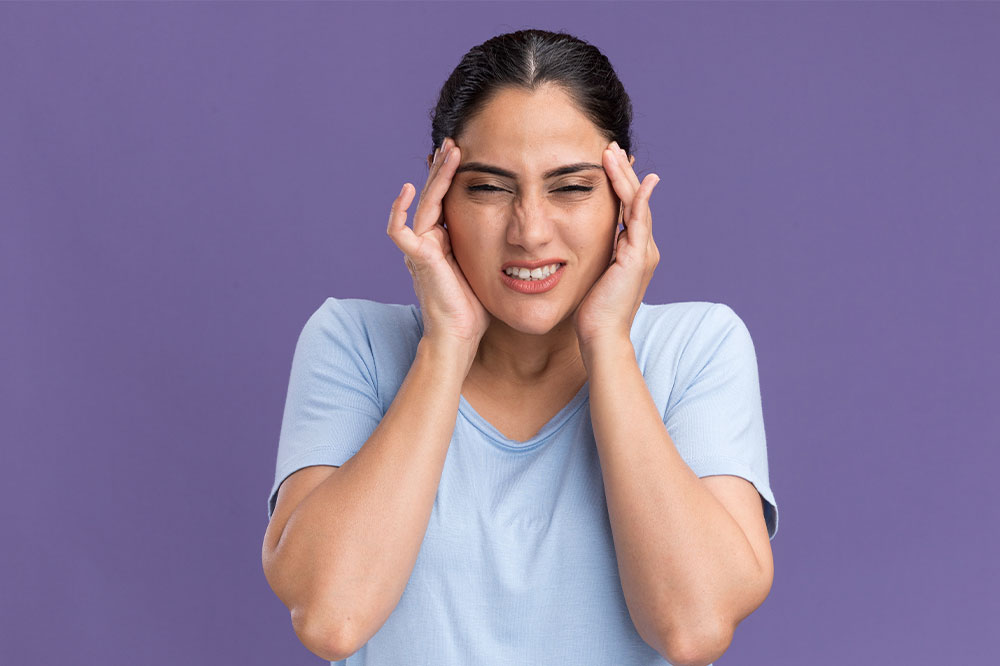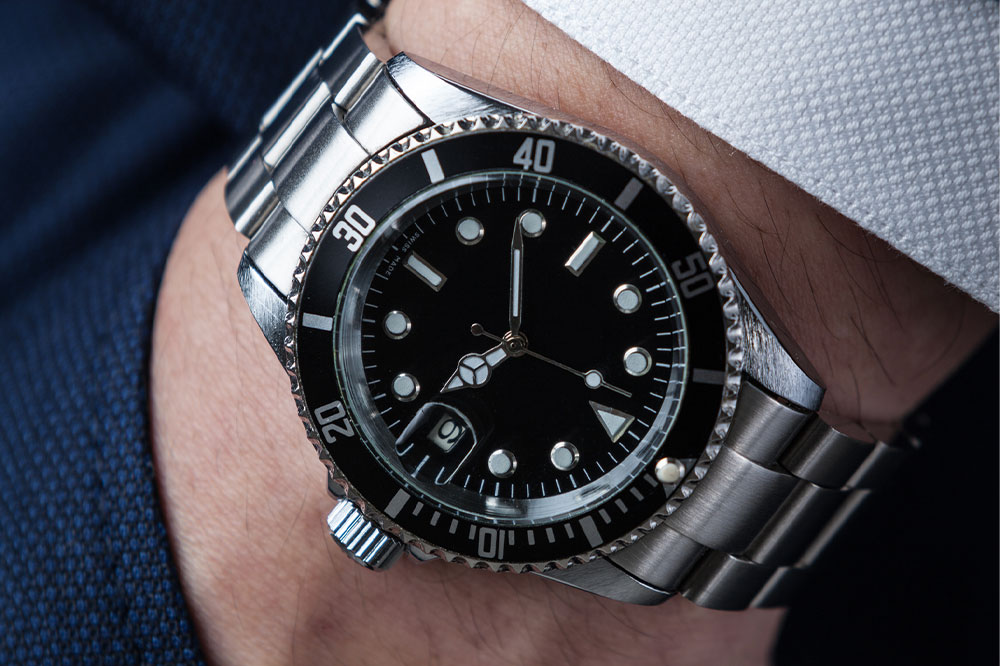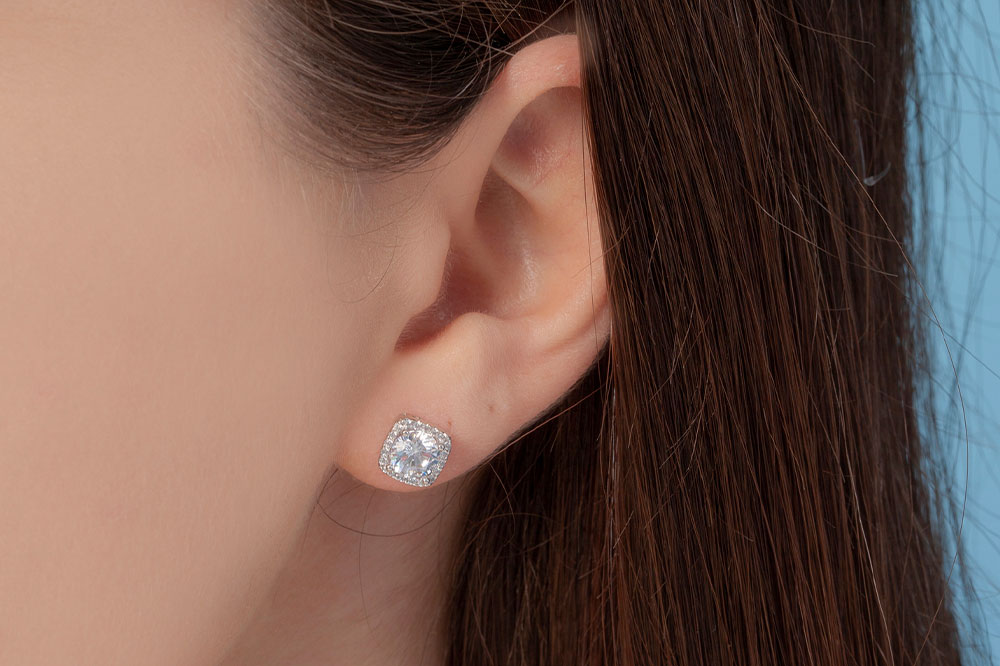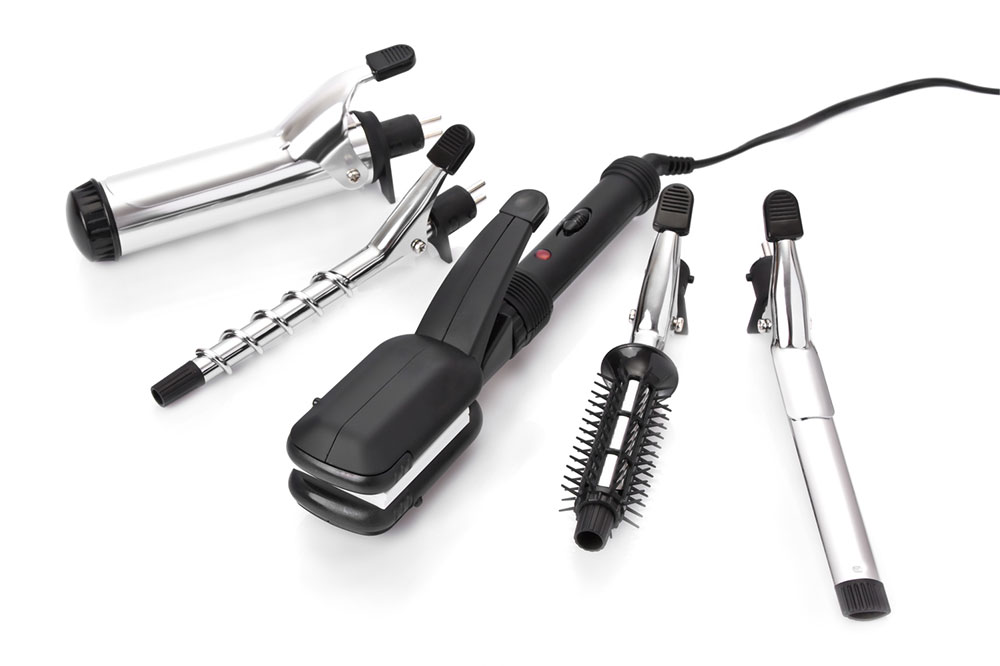
8 warning signs of low bone density
Health
Sometimes the creation of new bone cannot keep up with the loss of old material, known as osteoporosis. The condition could result in symptoms that may affect one’s ability to carry out daily tasks. A healthcare expert may recommend prescriptions and lifestyle changes to manage bone complications. But these treatment options may work better if the condition is diagnosed early. So here are eight signs of low bone mineral density that must be addressed immediately. Receding gums The gums may recede due to multiple factors, including aggressive brushing, genetics, and other unhealthy habits. However, this sign could also indicate a reduction in bone density. The oral complication is usually subtle and might require an expert’s opinion. Furthermore, the teeth and jaw bones are connected. So when the latter starts to lose bone mineral density, it could result in receding gums, which may also affect the health of teeth. Weakened grip strength The loss of grip strength could be an indicator of low bone mineral density triggered by osteoporosis. Some common signs that one should look for include the reduced ability to open doors easily, push objects, or grab onto structures properly. These are signs that the individual may have lost muscle strength.
















